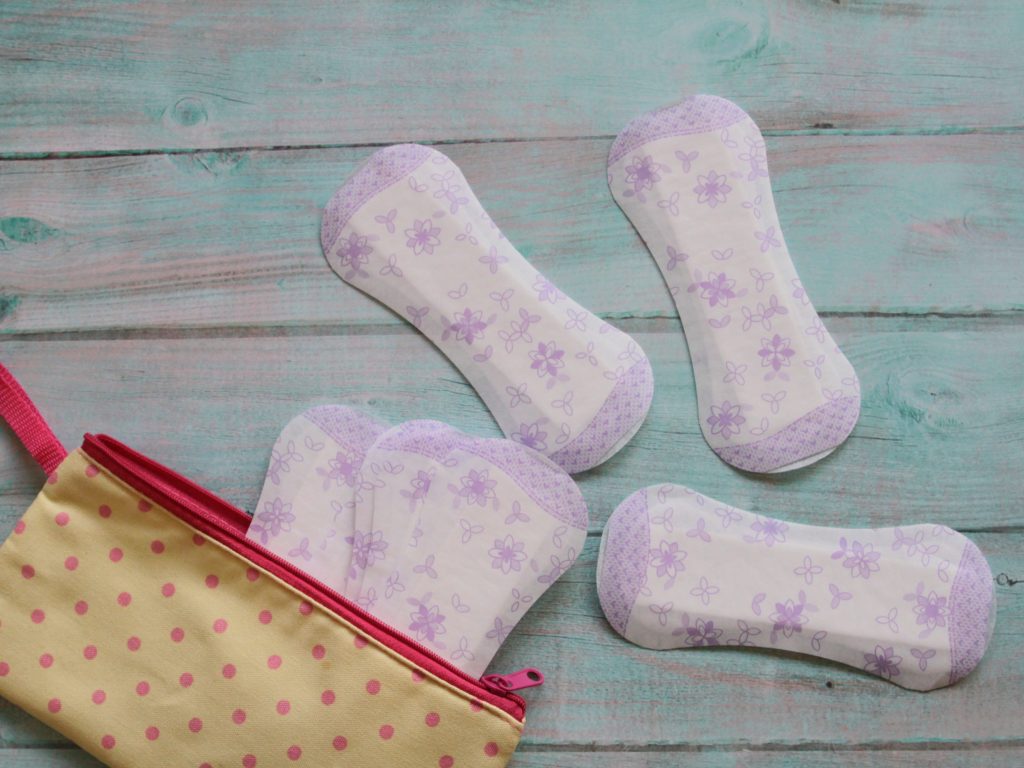- A Scottish group partly run by councils appointed a man as the country's first period dignity officer.
- The decision not to hire a woman has caused controversy and been met with criticism online.
- One campaigner told Insider that issue with appointing a man to the role was one of representation.
When a man was recently appointed by a Scottish group as the country's first "period dignity officer," it immediately sparked a furious backlash.
Critics such as former tennis player Martina Navratilova described Jason Grant's appointment as "ridiculous" and "absurd" on Twitter. Meanwhile, Ian Blackford, a Scottish politician, told Sky News that a woman would have been a better choice to fill the role.
Grant, a former account manager for Imperial Tobacco and a personal trainer, was named by The Period Dignity Working Group as the successful candidate days after legislation was introduced to allow Scots access to free period products. The group includes representatives from local councils and colleges in Dundee and Angus.
Working as a regional lead, Grant will raise awareness and engage young people in projects related to the new legislation, the Period Product Act, which involves getting free period products into schools, colleges, and universities. His role is funded by the Scottish government.
A spokesperson for the Period Dignity Working Group told Insider that Grant was the strongest candidate. They added that: "By changing the culture, encouraging debate, and removing the stigma around periods, we look forward to supporting the delivery of this important work across the region."
The spokesperson added that Grant did not want to comment on his new role.
Charlotte O'Byrne, a fundraising manager at UK period poverty charity Freedom4Girls, said that despite any good intentions the group had, the hiring decision was a misfire.
"I understand that there are aspects of the job that are essentially gender neutral," O'Byrne said. "But women have been doing this job for free for years and for that alone, there are women out there who are inevitably better suited and more qualified for the role."
Scotland putting its Period Product Act into law was "huge" for the wider campaign to make period dignity a fundamental human right and "many feel like a woman deserved to get the job," O'Byrne added.
There are many common myths about menstruation. Campaigns aimed at ending the taboo around menstruation and implementing free period products are ongoing in many countries around the world.
In the US, some states including New York, have passed legislation requiring K-12 schools to provide free period products to students. There is also a federal bill in committee by New York Democrat Grace Meng that, if passed, would require Medicaid to cover the cost of period products.
The problem with putting a man at the head of these kinds of projects is largely an issue of representation, O'Byrne said.
In regards to the criticism, she said: "It's more the case that many people are disappointed because it's the first ever role of this type at such a high level and it has been awarded to a man. We want a woman's voice primarily here."
"Yes, we want and need allyship between women and men," she added, "but within that, we kind of want it acknowledged that women, girls, and menstruating people are the ones who live with the inequality and have been conditioned to just shut up and put up."
